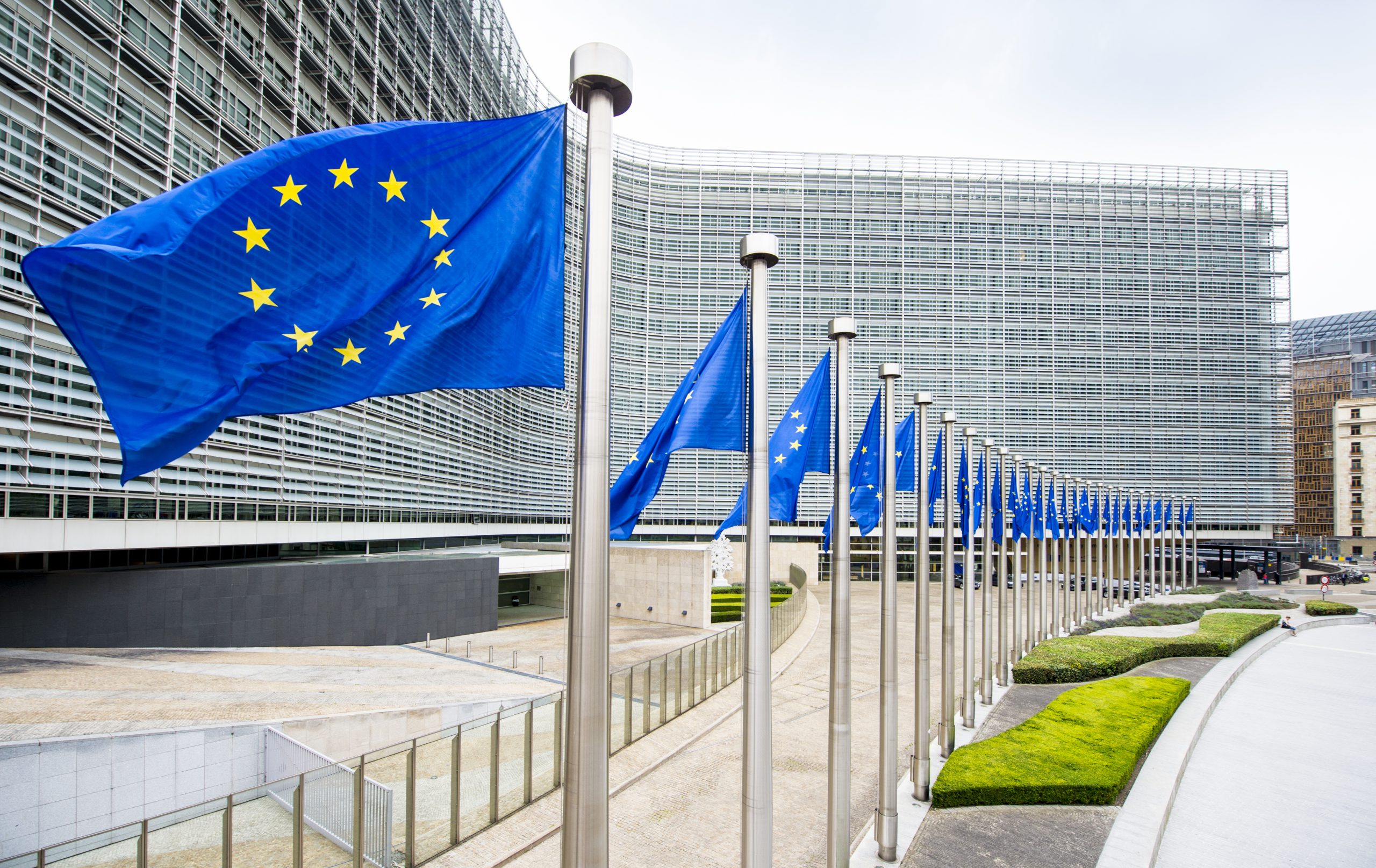State aid: Commission amends General Block Exemption rules to further facilitate and speed up green and digital transition
 @European Union, 2018
@European Union, 2018The European Commission has endorsed a targeted amendment to the General Block Exemption Regulation (‘GBER’) to further facilitate, simplify and speed up support for the EU’s green and digital transitions. Together with the new Temporary Crisis and Transition Framework, this targeted amendment aims at making it easier for the Member States to grant necessary support for key sectors in line with the Green Deal Industrial Plan.
The amendment grants Member States more flexibility to design and implement support measures in sectors that are key for the transition to climate neutrality and to a net-zero industry and sets the right foundations to tackle some of the economic effects stemming from Russia’s war against Ukraine.
Among others, the revised rules increase and streamline the possibilities for aid in the area of environmental protection and energy, and facilitate the implementation of certain projects involving beneficiaries in several Member States, such as Important Projects of Common European Interest (‘IPCEI’) and block exempt aid measures set up by Member States to regulate prices for energy. They also prolong the GBER until the end of 2026 for legal certainty and regulatory stability.
Executive Vice-President Margrethe Vestager, in charge of competition policy, said: “The amendment to the General Block Exemption Regulation simplifies and speeds-up the granting of support for the EU’s green and digital transition. It goes hand in hand with the new Temporary Crisis and Transition Framework to foster support measures in key sectors for the transition to a net-zero economy. The new set of rules facilitate the design and implementation of measures that promote innovation, competitiveness and sustainability, while protecting the level playing field in the Single Market.”
